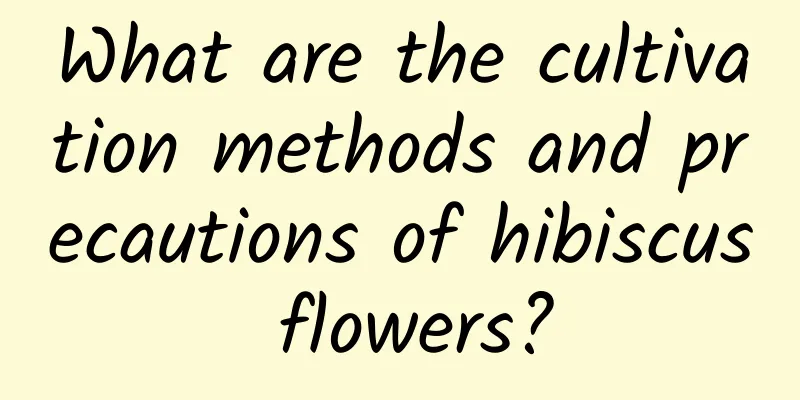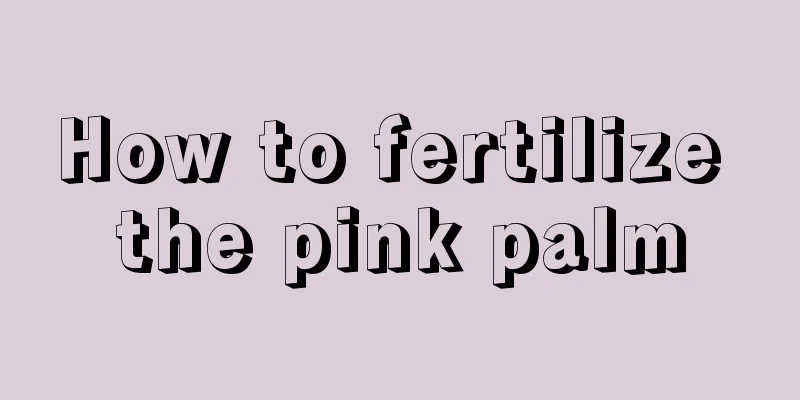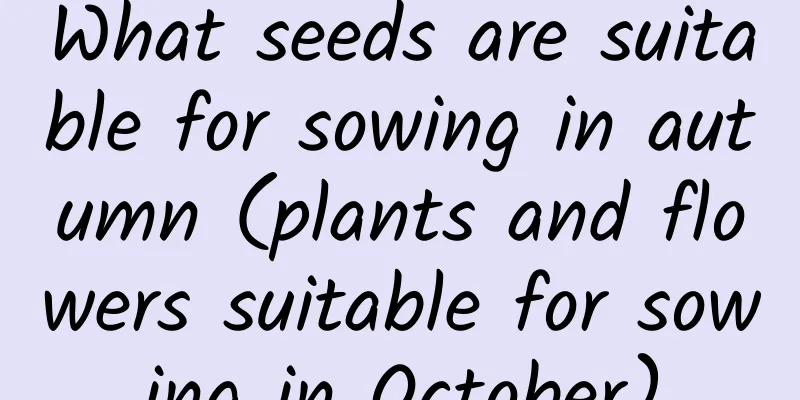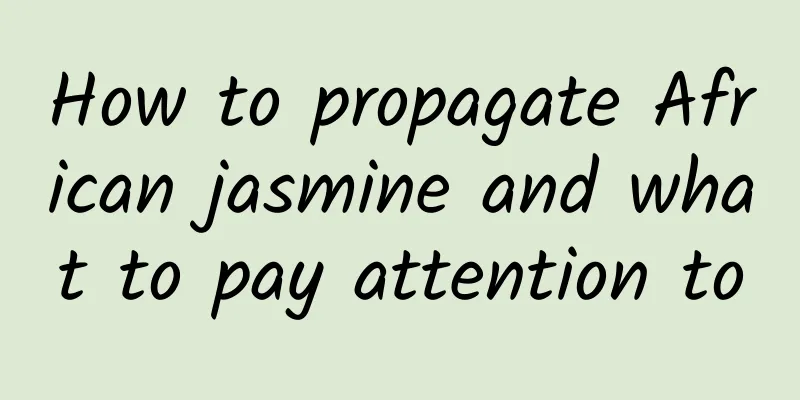What are the cultivation methods and precautions of hibiscus flowers?

Hibiscus cultivation methodHibiscus is a common shrub flower species, widely planted in China. It is 3-4 meters tall, with twigs densely covered with yellow star-shaped hairs. The most common method of propagation is cuttings. Hibiscus likes a warm and humid environment, has strong adaptability to soil, is resistant to barrenness, and can grow in heavy clay, but it is best to provide fertile and loose soil. It is relatively cold-resistant, but warming measures need to be taken in northern regions. Hibiscus is a sun-loving plant, and the maintenance environment should not be too dark. Water it more often when the air is dry, and control the amount of watering to avoid water accumulation. Fertilize it during the growth period and before flowering, generally with phosphorus fertilizer and potassium fertilizer. If pests occur, spray pesticides in time. Watering methodHibiscus likes a humid growing environment and needs to keep the soil moist. When there is little water or no rain for a long time, it needs to be watered frequently. However, it also does not like too much water. After the rain, drainage measures need to be taken. Remember that the soil in the pot should not be too moist. Fertilization methodWhen hibiscus sprouts, you can apply quick-acting fertilizer. Apply 1 to 2 times of phosphorus and potassium fertilizers before budding to promote the differentiation of flower buds. When it blooms from May to October, you can apply phosphorus and potassium fertilizers in combination with weeding, supplemented with nitrogen-containing substances. Pruning methodsWhen the branches and leaves of hibiscus grow densely, it will affect its photosynthesis in the sun. At this time, it is necessary to trim the dense parts appropriately so that the branches and leaves can get better light. Then the twisted stems can be trimmed appropriately, leaving only 2 to 3 cm. Hibiscus cultivation precautionsHibiscus has fewer diseases and pests, but it will still appear if it is not properly maintained. The harmful insects mainly include the moth, fall armyworm, longhorn beetle, etc. Maintain good ventilation and maintain a moderate temperature. When harmful insects are found, you can use non-toxic and effective fungicides to prevent and kill them. |
<<: What are the cultivation methods and precautions of Gardenia jasminoides
>>: What are the cultivation methods and precautions of umbrella bamboo?
Recommend
Small ways to improve soil fertility
Tea Leaves Tea residue, overnight tea, etc. can b...
How many years does it take for a longan tree to bear fruit?
Introduction to Planting Longan Trees Longan tree...
The difference between Buddhist beads and lover's tears, which one is easier to keep
1. The difference between Buddhist beads and love...
What to do if the leaves of the peace lily turn black? It’s easier to solve the problem if you find the cause!
1. Caused by pests and diseases The main reason f...
Cultivation methods and maintenance of old hydrangea piles
How to grow hydrangea into an old tree The planti...
The growing environment and local conditions of the cocoa tree
Cocoa tree growth environment and conditions The ...
The difference between Chinese rose and rose
1. The difference between flowers From the appear...
How to prune gardenia during its growth period
Gardenia has different needs at different growth ...
Difference Between Parsley and Celery
1. Different taste Parsley has a relatively refre...
How to care for and water banyan trees?
The banyan tree has a graceful posture, is vigoro...
How to repot Euphorbia gejin
1. Prepare the flower pot Its plant is too large ...
Methods and techniques for hydroponic cultivation of green radish How to grow it more vigorously
In fact, as long as you control the water quality...
Green radish planting methods and precautions
When to plant green radish Pothos can be propagat...
When is the best time to transplant red plums?
Red plum is a very beautiful flower plant with di...
Can bougainvillea be pruned in winter?
Bougainvillea is a common ornamental plant, loved...









